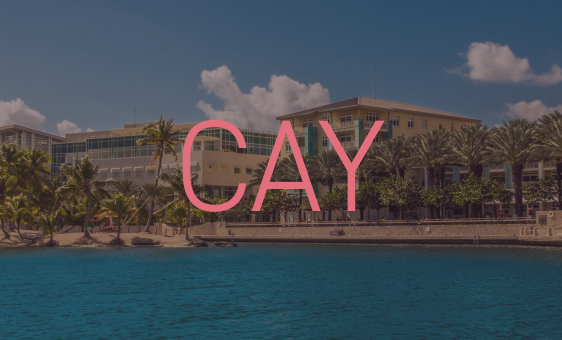Background
The Petitioners were retail investors who had suffered losses from utilising an online cryptocurrency platform operated by the Company’s major creditor, Freeway.
On 11 September 2023, the Petitioners filed a winding up petition on the grounds that: (a) the Company was unable to pay its debts; and (b) it was just and equitable that the Company be wound up, due to the need for an independent investigation into the affairs of the Company.
Prior to the filing of the winding up petition, the Company petitioned for the appointment of restructuring officers (RO Petition) on the grounds that:
- it was unable to pay its debts, as a result of Ardu Prime Investment Services SA (Ardu Prime) refusing to release US$60.4 million held in the Company’s brokerage accounts;
- there was a need to investigate the causes of any and all losses on the Company’s brokerage accounts at Ardu Prime;
- it intended to present a restructuring proposal to its creditors.
On 6 September 2023, Justice Doyle dismissed the RO petition for the reasons set out in his 4 October 2023 judgment and as discussed in our recent article “Intention Matters In The Matter Of Aubit International”.
Shortly thereafter, Justice Doyle granted the winding up orders.
Determination
On the issue of standing, Doyle J affirmed that a contingent claim could include a claim for unliquidated damages in tort in the context of an insolvency.[1] In this case, two of the Petitioners had commenced proceedings against the Company in the US (US Proceedings) seeking compensatory damages, including for various alleged torts committed by the Company. Accordingly, Doyle J regarded the claims of the First and Second Petitioners against the Company to be contingent debts.[2] In arriving at that decision, Doyle J rejected the Company’s submission that the Petitioners’ claims were against Freeway rather than the Company. Justice Doyle distinguished Shinsun Holdings (Unreported, FSD 192 of 2022 (DDJ), 21 April 2023), in which he found that the petitioner lacked standing as a contingent creditor, as the evidence in that case established no obligation upon the company to the petitioner whether in contract, tort, equity or otherwise. Our analysis of that decision can be found here.
In concluding that the Company was unable to pay its debts, Doyle J was heavily influenced by the Company’s prior admission of insolvency in its failed RO petition. Indeed, Doyle J found the Company’s submission that it was now able to pay its debt as a result of the involvement of White Knight and the Freeway debt deferral to be ‘as unattractive as it is unpersuasive’[3], given the Company had recently stressed and relied on its inability to pay its debt in the RO Petition.
Doyle J was also persuaded to appoint JOLs on a just and equitable basis for the purposes of undertaking an independent investigation into the affairs of the Company. Again, he took into account the Company’s prior submissions made in the context of its RO petition, noting “In the In RO proceedings, the Company wisely and openly accepted, that there should be an independent investigation into the Company’s losses and “to investigate generally the business, dealings, finances and affairs of the Company, and to analyse the document and data as recovered as part of such investigation”’.[4]
It followed from the Company’s submission during the hearing of its RO petition, that the choice between a winding up order or a restructuring was binary,[5] that if the restructuring failed, a winding up was inevitable in most cases. If a company is unable to pay its debts and fails to demonstrate that it intends to present a credible restructuring proposal, then it is ripe to be wound up. Indeed, the arguments advanced by a company in a failed RO petition may come to bite in a winding up proceeding. Therefore, a company should only petition to appoint restructuring officers if it is confident that it can adduce credible evidence of a rational restructuring proposal with reasonable prospects of success, at the risk of presenting evidence/submissions which could later be used against it to support a winding up order. This downside risk for a Company rolling the dice on a formal restructuring may act as a welcome check against insolvent companies from bringing unmeritorious RO petitions.
[1] [26]
[2] Doyle J did not consider it necessary to rule on the standing of the Third Petitioner, who had not filed any formal proceedings but nonetheless had potential claims against the Company.
[3] [30]
[4] At [32]
[5] At [4]

































